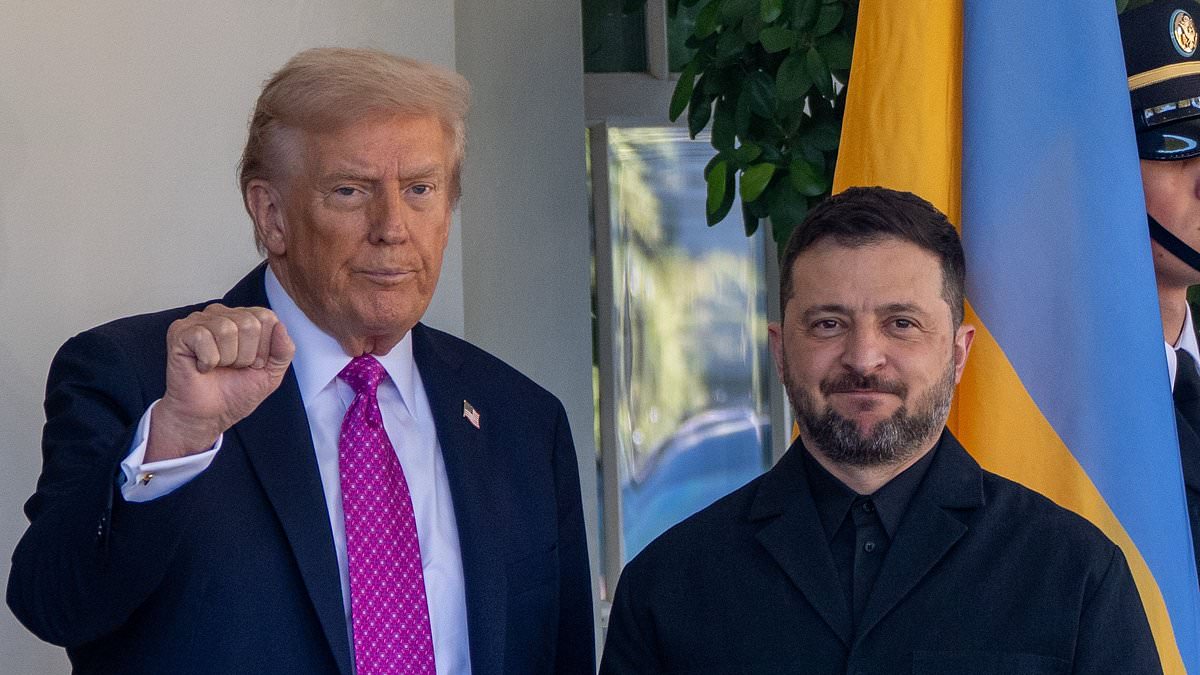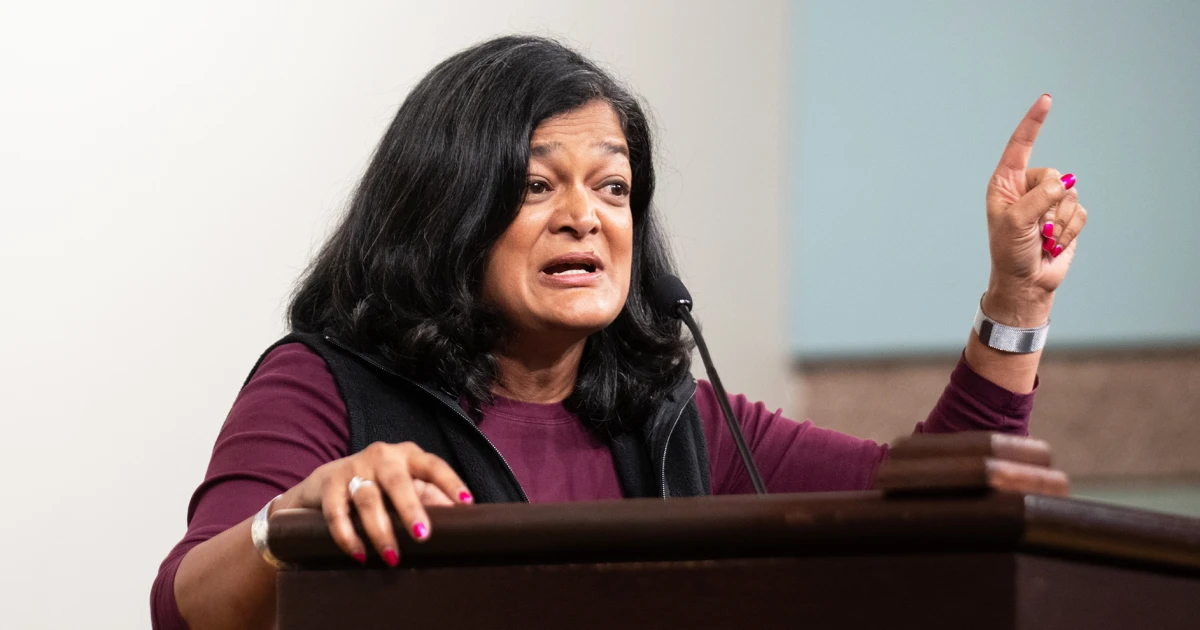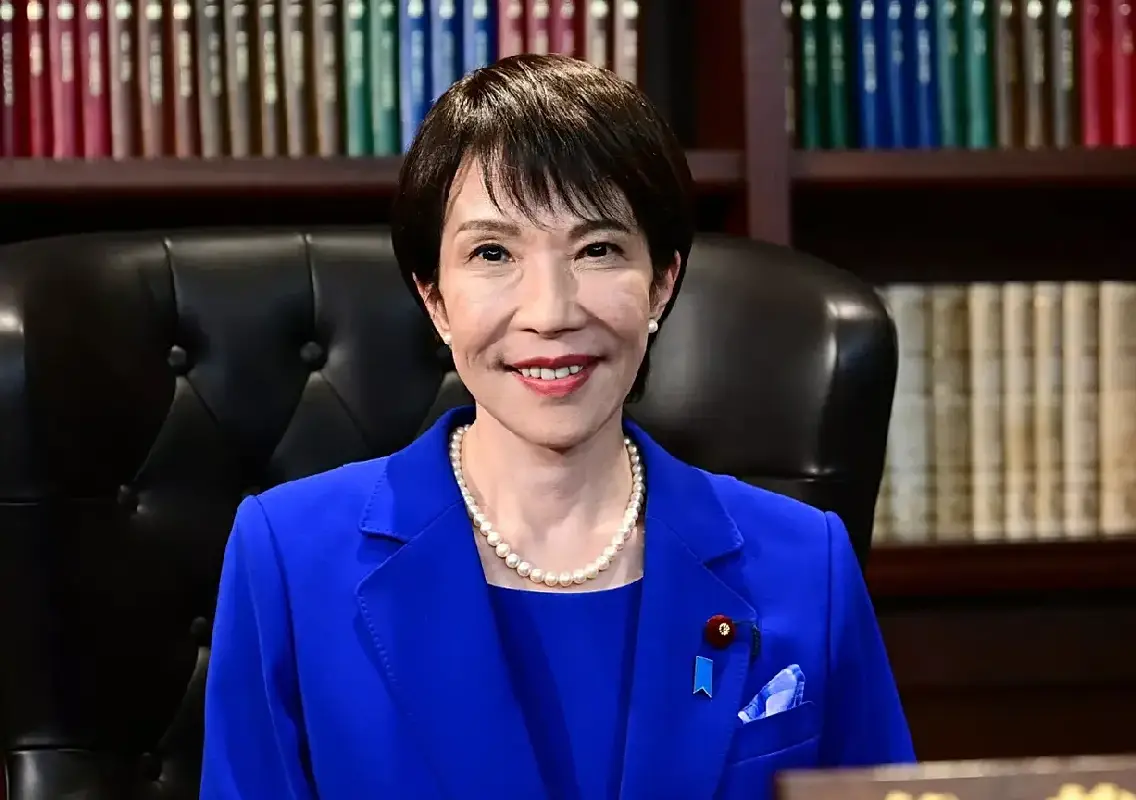Copyright dailymail

Donald Trump takes little interest in history. If he did, he might know that Vladimir Putin's invasion of Ukraine obeys a 2,400-year-old political law that is very grim indeed. 'The strong do what they can,' said the Ancient Greek historian Thucydides, 'and the weak suffer what they must.' This weekend, after a phone call with the Russian dictator, President Trump reversed his policy on supporting Ukraine against the invasion that began in 2022 and has cost the two sides an estimated 350,000 lives, with up to a million more wounded. Before the conversation via the Kremlin hotline, it seemed possible the US would supply President Zelensky in Kyiv with an arsenal of Tomahawk missiles, capable of striking targets deep inside Russia. That hope was dashed when, on the call, Putin reiterated his country's right to claim swathes of eastern Ukraine permanently, including the Donbas and Donetsk regions, as well as the Crimea. But to Trump, it appears that Putin's act as a strong leader, ruling with an iron hand, is the only display that matters. This, to The Donald, is what true leadership ought to be. Zelensky, on the other hand, does not issue demands. He makes polite requests and uses flattery and humour to press his point. He dresses like a soldier, not a businessman. To Trump, this looks like weakness – and he hates to have weak people near him, even when they are fawning over him. His guiding motto in politics can be summed up by another single line from Thucydides, that the world was ruled by 'equals in power'. This dictum is a brutal political truth, and a universal one that I still teach to my students at Oxford today. Trump's instinct is always to deal with those he sees as 'equals' and to shun the weak. Prime Minister Keir Starmer received a humiliating reminder of that at the Gaza summit in Egypt, last week, when he lined up with other world leaders to pay homage to the US commander-in-chief. Starmer was beckoned forward to the rostrum and then, as the US president turned his back, left silently floundering in embarrassment, to the open amusement of Pakistani PM Shehbaz Sharif beside him. Trump rubbed it in, saying, 'I get along with the tough ones. I don't get along with the weak ones.' He is openly contemptuous of those who bow and scrape to him - but demands the grovelling nonetheless. That attitude places Zelensky in an invidious position. In February, he was treated shamefully during a White House press conference, when both Trump and his vice-president JD Vance turned on him. Zelensky was savaged, mocked for his failure to drive out a much more powerful enemy, as Trump repeatedly told him, 'You don't hold any cards.' At a second Oval Office meeting in August he acquiesced, Ukraine's president wore a suit instead of military attire, presented a letter of gratitude from his First Lady and said thank you eight times. Yet despite this, Zelensky returned to Kyiv empty-handed from this latest meeting, that wasn't televised. The promise of Tomahawk missiles - a potential ace in the pack – was apparently withdrawn, following a meeting that insiders described as 'a shouting match'. Oleksandr Merezhko, the head of Ukraine's parliamentary Foreign Affairs Committee, claimed that Trump insisted, 'Ukraine faces destruction and is losing the war,' and that, 'this is not a war – it is a special military operation.' Those phrases could be taken directly from Putin's own script. For the UK and Europe, this is deeply concerning. When Trump returned to the White House in January, it seemed as though he would be a less unpredictable president than during his first tenure. But the scale of his election victory put him beyond the control of Republican bigwigs. Like America's European allies, they are courtiers to an absolute monarch. Trump's taste in decor and his plans for a triumphal arch are worthy of a Roman emperor, he acts as the whim takes him. While his ambition to end the war in Ukraine is genuine, any suggestion that he will achieve the best he can for the Western alliance and Nato is not. The terms he is currently proposing clearly favour Russia. What Putin will not admit, and what Zelensky has been unable to make Trump understand, is that Russia is weaker as the war drags on. The Kremlin has been able to shield citizens in Moscow and other powerbase cities from the worst of the blowback, by bribing hundreds of thousands of men from the impoverished provinces to serve as cannon fodder. Ethnic minorities such as Dagestanis, Yakuts and Buryats comprise less than 10 per cent of the total population but supply around 40 per cent of contract soldiers. But the cost of this is putting increasing strain on Russia's finances. Add to this the onset of winter, in a country where urban central heating is still regulated by the state, and it's plain to see why thousands of angry citizens are now taking the risk of protesting openly. Putin is on the back foot. With the full backing of the US, Ukraine could win this war, or force Putin to make concessions. But as long as Trump aligns himself with 'strong' leaders, instead of those he despises such as Starmer and Macron, he stacks the cards against Ukraine. And will Putin's aggression stop there even if Kyiv gives in? Mark Almond is director of the Crisis Research Institute in Oxford



